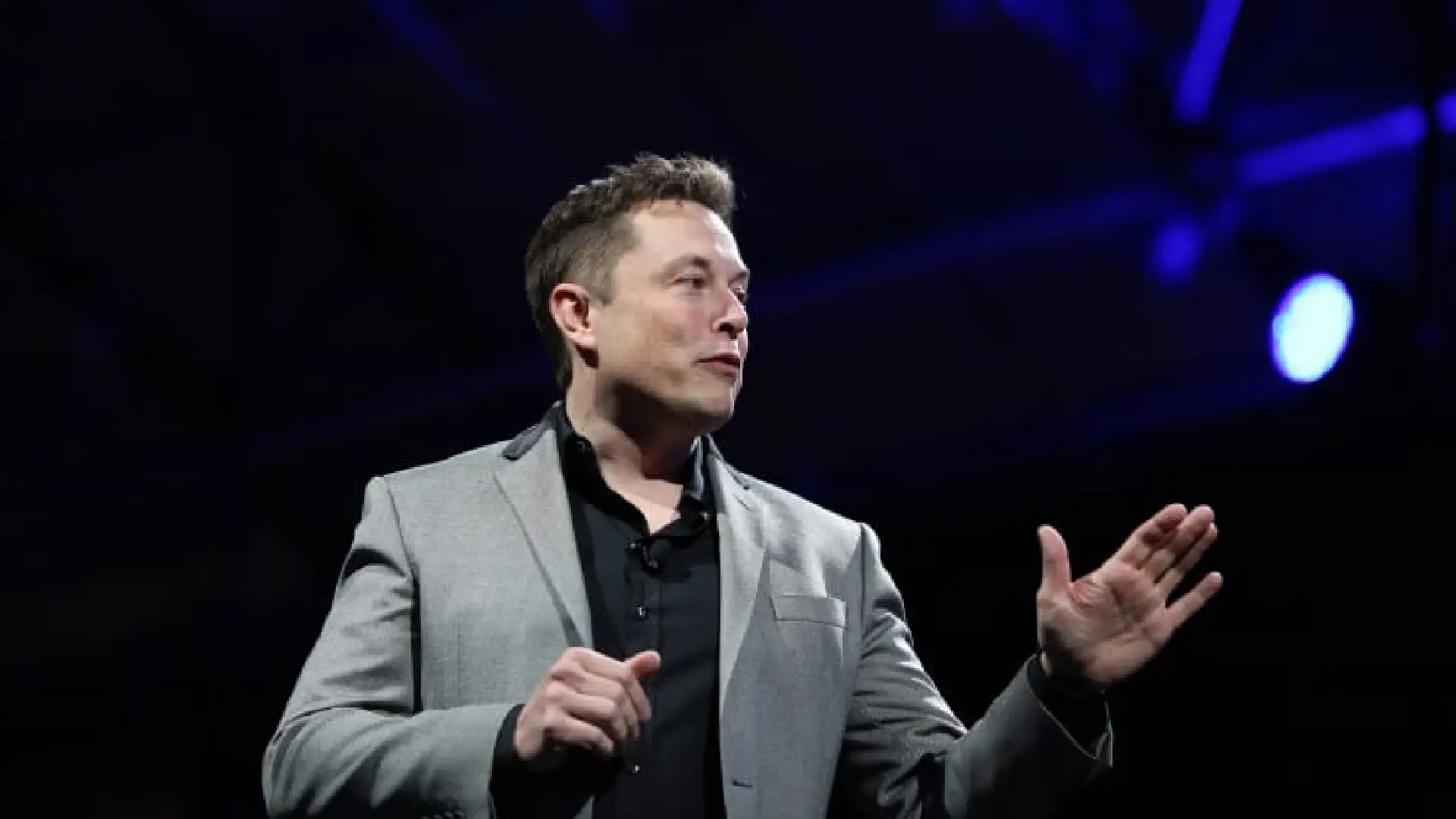In the realm of innovation and leadership, few names resonate as profoundly as Elon Musk. As the visionary CEO behind behemoths such as Tesla and Twitter (now X), Musk’s work ethic and productivity are legendary, often sparking both admiration and intense curiosity.
With a workweek that extends beyond the imagination of the average professional, clocking in at a staggering 120 hours, Elon Musk has peeled back the curtain to reveal the engine driving his unparalleled productivity: a rigorously structured and disciplined routine.

Elon Musk: The Anatomy of a Productivity Titan
At the heart of Elon Musk’s extraordinary work regimen is a meticulously organized daily planner that slices his waking hours into five-minute increments.
This granular approach to time management, reminiscent of an intense iteration of the Pomodoro technique, enables Elon Musk to dive deep into each task, bolstering focus and efficiency. From managing emails to engaging with his substantial Twitter following, every activity is allotted its specific slot in Musk’s day.
The Paradox of Optimal Sleep and the Sacrifice of Breakfast
Contrary to the standard advice advocating for seven to eight hours of sleep, Elon Musk has fine-tuned his rest to a precise six hours, citing this amount as his sweet spot for maintaining mental sharpness without succumbing to grumpiness or a decline in mental acuity.
Interestingly, breakfast doesn’t feature in his morning routine. Instead, a shower catalyzes his daily dose of inspiration, a testament to his unyielding commitment to productivity.
Elon Musk shares his secret work method for being productive 120 hours a week
Elon Musk, the extraordinary CEO of Tesla and Twitter, reveals his secret to maintaining productivity during 120-hour workweeks: a strict, meticulously planned routine.
In Short
1-Elon Musk's routine… pic.twitter.com/FfNoA6mcgY— Muhammad Yousaf (@yousaf532m) March 30, 2024
An Unlikely Fitness Enthusiast
Despite his aversion to physical exercise, Elon Musk has incorporated it into his routine, albeit reluctantly. With age, the challenge to stay lean intensifies, propelling him towards activities such as treadmill sessions accompanied by television or engaging in martial arts like Karate and Brazilian Jiu-Jitsu.
This reluctant yet persistent approach to fitness underscores Elon Musk’s understanding of the importance of physical health in sustaining his demanding work schedule.
A Divided Week: The Strategic Allocation of Time and Space
Elon Musk’s work isn’t confined to one location. He splits his week between SpaceX in Los Angeles and Tesla or Twitter in San Francisco. This strategic division minimizes travel time and maximizes efficiency, allowing him to dedicate focused attention to each venture.
Mondays and Fridays are reserved for SpaceX, while the remainder of the week sees him at Tesla or Twitter, a routine that exemplifies his commitment to each company’s success.
The Rituals of Winding Down
To ensure a night of restorative sleep, Elon Musk abstains from food and alcohol for several hours before bedtime. This period also serves as an opportunity for him to plan the next day, ensuring that his productivity cycle continues unabated.
Reading genres that span from the fantastical worlds of “Lord of the Rings” to the inspirational lives detailed in biographies, helps him relax and find motivation in stories of struggle and triumph.

The Balancing Act: Productivity vs. Well-being
Elon Musk’s relentless pursuit of productivity, encapsulated in his structured and disciplined lifestyle, offers a blueprint for achieving monumental success. However, it’s crucial to acknowledge the potential for burnout, a reality Musk faced head-on in 2018.
This underscores the importance of finding a personalized balance, where effective work strategies are complemented by healthy habits, ensuring longevity in both career and well-being.
In essence, Elon Musk’s methodical approach to productivity extends an invitation to rethink our daily routines. It challenges the conventional, urging us to consider how discipline, structure, and a mindful allocation of time can transform our capacities for work and innovation.










